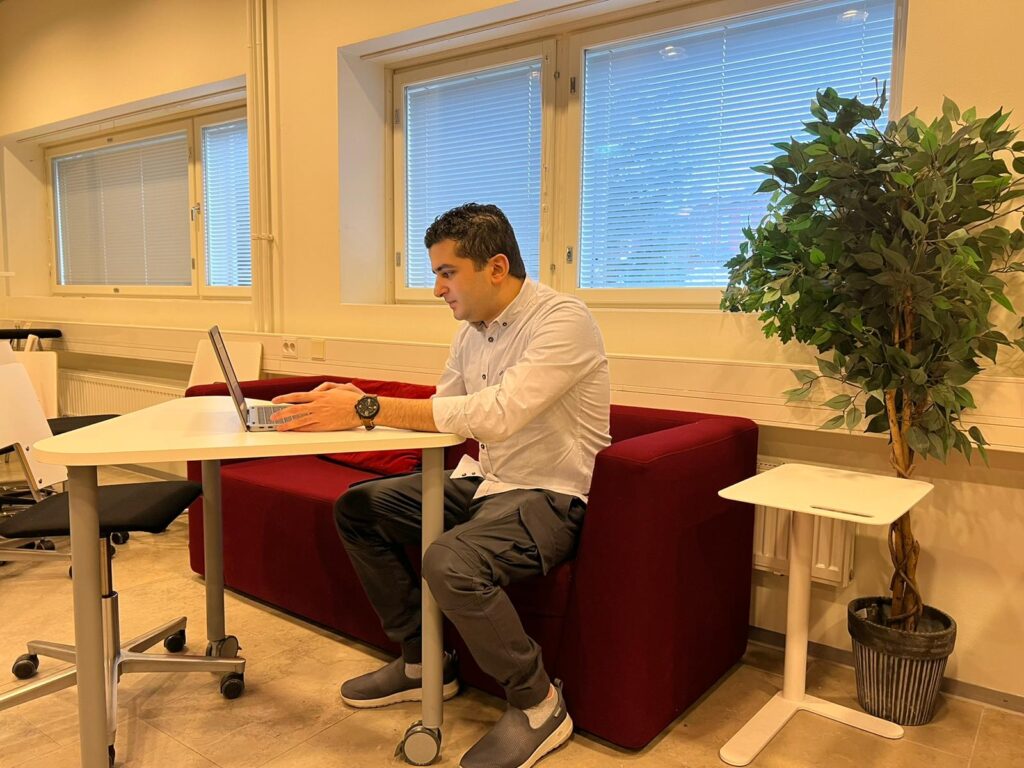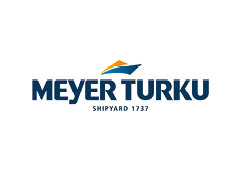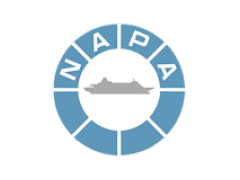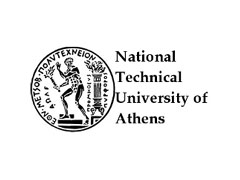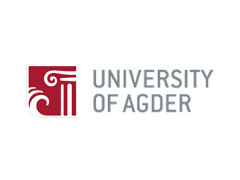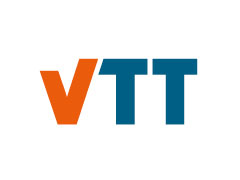Omar Hamdy Hussein Mohamed’s Master’s thesis ‘Utilization of Batteries in The Momentary Load Variations of a Cruise Ship’ has been completed at the University of Vaasa. The thesis is part of the Clean Propulsion Technologies project’s WP5 ’Full-scale hybrid technology demo’.
Recently, due to the new regulations from International Maritime Organization (IMO) to reduce fuel consumption and emissions from the shipping industry, the demand for the usage of alternative energy sources and energy storage technologies increased to improve operational efficiency. The main objective of the thesis was to provide an economical and feasible study for the utilization of batteries to supply the load variations in cruise ship applications rather than being supplied by the auxiliary diesel engines, which may have to run at low efficiency in some cases. The loading profile for a cruise ship is highly dynamic and unpredictable due to the operating conditions, and that may produce a variation in the gensets’ loads. As a result, the gensets consume more fuel and produce more emissions. By utilizing the batteries, it is possible to supply the required power during load variations or for pulsed loads to enable the gensets to operate within the high-efficiency area.
Omar is working as a part-time project researcher at the University of Vaasa (UVA). Before coming to Finland, he worked as an Electrical Engineer Designer for more than seven years on many energy and construction projects in the Middle East and North Africa. In 2020, he received a full scholarship from UVA to do a Master’s degree in Smart Energy Program. As a next step, Omar plans to apply for Ph.D. studies in Finland.
“Before I started my research about the shipping industry and cruise ships, in particular, I did not have enough information about the shipping industry, its relation with different industries, and its participation in global warming. Previously, I had a good experience in designing distribution systems for high-rise buildings and mega projects. There are similarities, but ships are considered islanded and isolated microgrids with their power generation and need more reliability to ensure the safety of passengers. That was interesting for me” says Omar.
The usage of hybrid generation systems is not common yet for the shipping industry and in specific for cruise ships, the shipping industry tries to follow the concept of the hybrid car. The utilization of a hybrid power supply was not possible before in the shipping industry, due to the small energy and power capacity of an energy storage system with more safety concerns and high associated costs. Recently, due to the increased research, development, and production of energy storage systems associated with the expansion of hybrid and electric vehicles, it’s becoming economical and technically feasible to utilize energy storage in the shipping industry.
“In the beginning, it was challenging to find enough data about ongoing projects using hybrid power generation in the cruise shipping industry. I had to use currently available data collected from different academic literature reviews, suppliers, vendors, contractors for ongoing energy projects, and try to use these data as a guide to be applied in our project” Omar says.
The results of Omar’s research summarize the appropriate propulsion system, which can be utilized to merge a hybrid power generation system on board. Moreover, it summarizes different control interfaces that can be used in hybrid power generation systems to achieve fuel saving and optimum operation of a cruise ship. Finally, its summaries and evaluates the cost and performance metrics of different energy storage, emphasizing which can be utilized and suitable to be used on cruise ship applications. The work can be a basis for the next phase of the project trying to simulate a model containing the optimum of the mentioned components before moving to real application.
